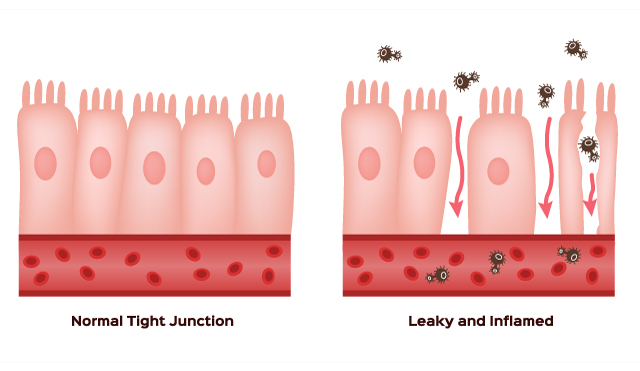It’s not really that hard: Research shows self-tracking is easy, and it’s the most effective way to lose weight
07/30/2019 / By Tracey Watson

We all know the risks associated with being overweight. Being obese dramatically increases the chances that we will develop type 2 diabetes, high blood pressure, cardiovascular disease or cancer. Nonetheless, federal statistics indicate that obesity in the United States increased from 34 percent in 2007-08, to 40 percent in 2015-16.
Does this mean that Americans are making no effort to lose weight? Far from it. Few people are comfortable being overweight, and as reported by the Boston Medical Center, around 45 million Americans embark on a diet each year, spending over $33 billion annually in the pursuit of a leaner, healthier body.
The reality is, however, that very few of these would-be dieters go on to reach their goal weight. For many, the process is just too difficult, the time required too demanding, and being told what they can and cannot eat unsustainable in the long-term.
But that does not mean that weight loss is nothing more than an unachievable dream. Research has found that self-tracking – for example, using a food diary or an app like My Fitness Pal – is the most effective way to successfully lose weight. And though some may feel that self-tracking is laborious and time-consuming, a study by researchers at the University of Vermont found that doing so can be quick and easy, taking no more than 15 minutes a day.
Just 15 minutes a day is all it takes
For their study, which was published in the March edition of the journal Obesity, the research team studied the results of self-tracking by 142 participants. Science Daily explains:
After six months of monitoring their dietary intake, the most successful participants in an online behavioral weight-loss program spent an average of just 14.6 minutes per day on the activity. Program participants recorded the calories and fat for all foods and beverages they consumed, as well as the portion sizes and the preparation methods. …
For 24 weeks, participants met weekly for an online group session led by a trained dietician.
Participants also logged their daily food intake online, in the process leaving behind a record of how much time they spent on the activity and how often they logged in — information the researchers mined for the new study.
The research determined that the most successful dieters – those who lost at least 10 percent of their body weight – spent 23.2 minutes a day logging their food for the first six months, after which doing so took just 14.6 minutes. (Related: Sufficient sleep is essential to fuel weight loss efforts.)
More often is better
Interestingly, what determined how successfully the study participants lost weight did not revolve around how much time they spent logging what they ate. Instead, the biggest determining factor was the number of times they logged what they ate each day. (Related: Low-carbohydrate diets make you lean and healthy, systematic review shows.)
“Those who self-monitored three or more time per day, and were consistent day after day, were the most successful,” explained lead author Jean Harvey, chair of the Nutrition and Food Sciences Department at the University of Vermont. “It seems to be the act of self-monitoring itself that makes the difference — not the time spent or the details included.”
So, the key to weight loss success may be as simple as grabbing a food journal or downloading a self-monitoring app and then briefly – but no fewer than three times a day – noting the foods and beverages consumed.
In short: When you bite it, write it! Get more great weight loss tips at Slender.news.
Sources include:
Tagged Under: #nutrition, dieting, Diets, fight obesity, fitness, food journal, food logging, men's health, obese, overweight, self-monitoring, self-tracking, slender, weight loss, women's health
RECENT NEWS & ARTICLES
COPYRIGHT © 2017 RESEARCH NEWS



















